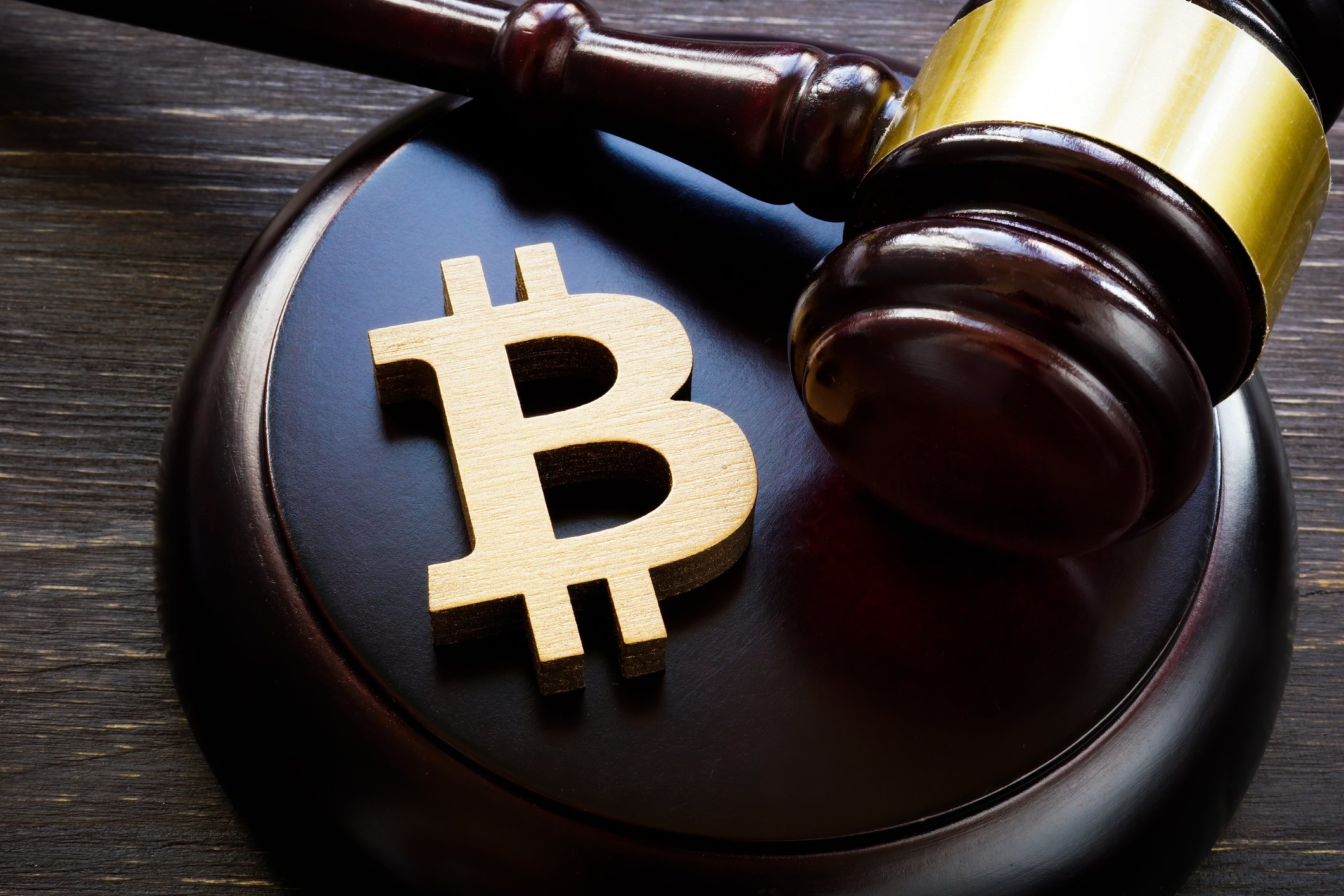Both Bitcoin (BTC 1.43%) and Zcash (ZEC 3.92%) were engineered to be scarce. They also keep their designs relatively minimal, without the general-purpose smart contracts you hear about on other chains. In fact, Zcash has one main privacy-preserving innovation that Bitcoin doesn't have and is otherwise a copy.
Does that make it the better asset to buy or the worse?

Image source: Getty Images.
Bitcoin is now in its prime
Let's start by evaluating the investment thesis for Bitcoin. Its supply is capped at 21 million, and its issuance, as mediated by miners, keeps slowing after its halvings, such as the most recent one in April 2024. The point is that an asset with a fixed supply and growing demand tends to see its price go up over the long run. Or at minimum, its purchasing power with respect to fiat currency will remain relatively stable.
Aside from that, another big part of the argument for buying Bitcoin is that it's now a mature asset that financial institutions want to hold and asset managers want to offer to their customers. In January 2024, the Securities and Exchange Commission (SEC) approved multiple spot Bitcoin exchange-traded funds (ETFs). That decision made Bitcoin accessible to the brokerage and retirement accounts used by a vast swath of investors. Furthermore, it's clear that regulators and even the Federal Reserve are now on board with the idea of the digital asset being a common store of value.

CRYPTO: BTC
Key Data Points
Public awareness is another edge that investors shouldn't neglect. Bitcoin remains crypto's household name, with the largest market capitalization by far, making it easy for institutions and individuals to initiate and scale positions and, thus, lowering the barriers to onboarding more capital. Investors should, of course, not confuse widespread familiarity with safety, but its distribution breadth, liquidity depth, and improving market infrastructure are all tailwinds for a long-term scarcity asset like this one.
Zcash's strengths imply some weaknesses, too
Zcash's proposition is a bit different despite sharing its supply dynamics with Bitcoin. In short, it lets users transact privately if they choose.
On a technical level, that capability is powered by zero-knowledge (ZK) proofs called zk-SNARKs, but don't worry too much about what those concepts are. The more important thing to focus on is that these privacy-enhancing features are a real advantage versus Bitcoin, which does not and cannot offer actual privacy features to transactors.

CRYPTO: ZEC
Key Data Points
The coin's performance has also been impressive lately. Zcash's price is up by 860% during the past six months, after a long period of doldrums, amid an uptick in interest in privacy coins.
But here is the problem for investors: Privacy features typically clash with financial regulators, who view them as covers for illicit activity.
That makes privacy coins, including Zcash, at high risk of struggling to find crypto exchanges willing to list them, and it points to large (and, on average, unresolved) regulatory or legal overhangs. Major venues have restricted or delisted privacy coins at various times, including actions that have affected Zcash in the past.
Some jurisdictions, like South Korea, are so skeptical of the entire category that they've banned them from being listed on exchanges entirely since 2021 or badgered exchanges to delist them until they complied, as in Japan. And in the E.U., privacy coins, including Zcash, will be banned after mid-2027 if the current set of anti-money laundering (AML) regulations are put into practice as planned.
These moves ebb and flow, but the risk for these privacy assets is not receding. Thus, it puts a ceiling on the amount of growth coins like Zcash might attain if their plans go as well as possible. Meanwhile, both Bitcoin and Zcash share a scarcity model with a 21-million-coin cap, so Zcash cannot differentiate itself on monetary policy alone.
Zcash could still capture an enduring niche where privacy is a must-have. It may also benefit from periodic sentiment waves that favor privacy. But the base case still shows a narrowing set of on-ramps for prospective buyers and persistent policy hurdles.
Therefore, Bitcoin is by far the better buy for most long-term investors today. It offers the same core scarcity idea, with a much better brand, and a regulatory trajectory that is broadening access rather than narrowing it. Zcash remains an intriguing specialized asset for those with strong views about financial privacy, but its path to becoming crypto's default privacy provider is not clear today, and it may never be.





